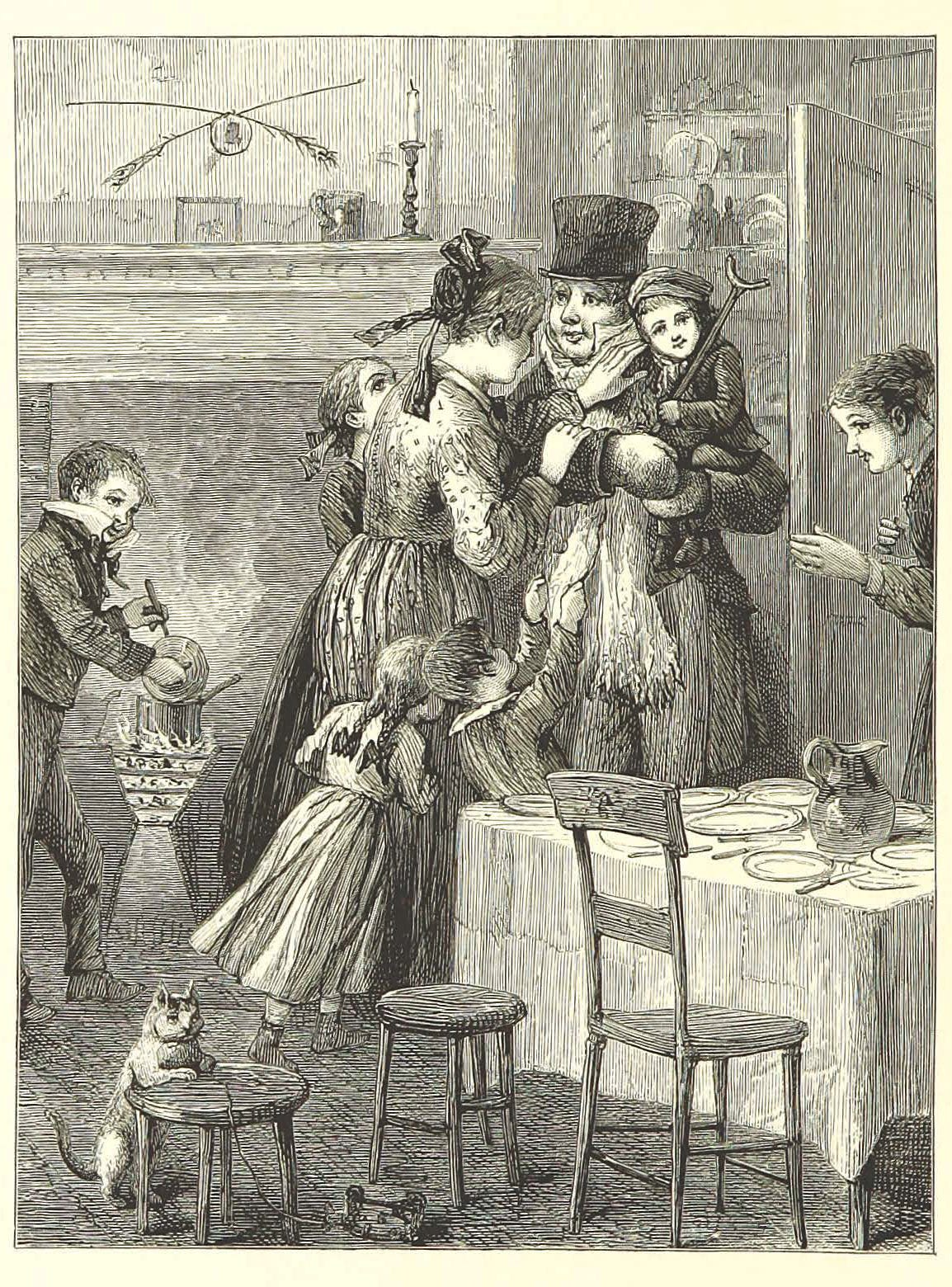One thing kids like is to be tricked. For instance, I was going to take my nephew to Disneyland, but instead I drove him to an old burned-out warehouse. 'Oh no,' I said, 'Disneyland burned down.' He cried and cried, but I think that deep down he thought it was a pretty good joke. I started to drive over to the real Disneyland, but it was getting pretty late.
-Deep Thoughts by Jack Handey
Having our optimism debunked is never fun. However, we shouldn't make the mistake of concluding that because we had a happy illusion shattered, the real thing doesn't exist. A counterfeit dollar bill does not debunk real money. In fact, the risk and effort someone undertook to make the counterfeit actually testifies to the value and legitimacy of real money.
Utopias are like this. The list of failed ones is long and exhausting to contemplate. We Christians like to say that socialists think they can create heaven, but that's impossible since heaven is in… well, heaven, and we're all still down here. So, stop it already, Utopians! Didn't you get the memo about original sin?
We have a rough idea in our heads what heaven is like, but we struggle to articulate it. Basic Christian teaching gives us the broad contours which are simple and beautiful: closeness to Christ, spiritual and material bliss, eradication of death. Attempts to probe more deeply may be frustrated, which is fine, as we're told to be childlike in our faith. Getting too pedantic or too technical can be a mistake. One day at a time.
Yet, the bible does give a fair bit more granular data about heaven, some of it weird. Alien geography and impossibly proportioned architecture is spoken of. Jewel encrusted objects, which many of us may find a bit gaudy for our own decorative tastes, are promised.
We tend to scoff at the beliefs of the ancients. But we can't scoff at them personally, to their faces, and this is what annoys me.
-Jack Handey
Our struggle to articulate heaven is made more difficult by the fact we typically do not steep ourselves in the bible and the way the great saints thought, including symbology, numerology, and ancient poetic devices. Assuming one has a humble mind, unlike the affable idiot Jack Handey, mining this trove of information yields satisfying results.
But let's turn for a moment from the simple/beautiful data, and the weird data, to the matter-of-fact data. It's actually this mundane data which can be the hardest to explain, as it describes heaven breaking into our parliaments, barns, bedrooms, coffee shops, and stock exchanges. I'm referring to the Lord's prayer, where we are instructed to ask that God's will be done on earth as it in heaven. Since a kingdom is a place where people obey a king, we're literally calling heaven progressively down on ourselves.
Assuming you believe Jesus and don’t suspect him of trying to trick us, like Jack Handey, there are several reasons we still struggle to believe heaven is really invading our world. People still die. Warmongers still prowl. Vile people remain over-represented in positions of power. Just look around, Pollyanna! Or, on second thought, don’t. It’s the looking around which gets us into trouble.
When the servant of the man of God got up and went out early the next morning, an army with horses and chariots had surrounded the city. "Oh, my lord, what shall we do?" the servant asked.
"Don't be afraid," the prophet answered. "Those who are with us are more than those who are with them."
And Elisha prayed, "O LORD, open his eyes so he may see." Then the LORD opened the servant's eyes, and he looked and saw the hills full of horses and chariots of fire all around Elisha.
Many of us have been trained to look for the kingdom of God with bare immediate sensation. We see how well that works out. But to truly understand it, you have to understand the times.
These are the numbers of the divisions of the armed troops who came to David in Hebron to turn the kingdom of Saul over to him, according to the word of the LORD…. ….Of Issachar, men who had understanding of the times, to know what Israel ought to do, 200 chiefs, and all their kinsmen under their command.
More often than we should find comfortable, God grants a conspicuous understanding of the times to pagan men. One such man was George Orwell, the prophetic English author who penned Animal Farm and 1984.
Orwell was a socialist, and a sexual libertine. Yet, he had piercing insight into how man thinks and behaves. In 1943 he wrote an article about utopia, the socialist counterfeit of heaven. In the essay, entitled “Why Socialists Don’t Believe in Fun”, Orwell assesses Dicken's A Christmas Carol:
…however thick Dickens may lay on the paint, however disgusting the ‘pathos’ of Tiny Tim may be, the Cratchit family give the impression of enjoying themselves. They sound happy as, for instance, the citizens of William Morris’s News From Nowhere don’t sound happy. Moreover and Dickens’s understanding of this is one of the secrets of his power their happiness derives mainly from contrast. They are in high spirits because for once in a way they have enough to eat. The wolf is at the door, but he is wagging his tail. The steam of the Christmas pudding drifts across a background of pawnshops and sweated labour, and in a double sense the ghost of Scrooge stands beside the dinner table. Bob Cratchit even wants to drink to Scrooge’s health, which Mrs Cratchit rightly refuses. The Cratchits are able to enjoy Christmas precisely because it only comes once a year. Their happiness is convincing just because Christmas only comes once a year. Their happiness is convincing just because it is described as incomplete.
A Christmas Carol is one of the benchmarks of human civilization precisely because it tells the absolute truth about reality: heaven is invading earth and taking over. A lover of self, Scrooge, is humbled and repents; the poor Cratchits are lifted up, and joy is exchanged between former enemies.
Orwell marveled at Dickens. His own works, great as they are, will be forgotten at the end of history, while Carol will be celebrated. Why? Because dystopias are about the remnants of a hellish, Satan-influenced earth, and Carol is about supernatural forces breaking in and renovating the hellscape.
Jesus said his kingdom was like a mustard seed. It begins tiny and ends dominant. Inasmuch as the Christian aversion to Utopianism is about warning people not to swallow counterfeit heavens, it's useful. When that aversion claims that Utopia is impossible, however, sometimes I believe the watchmen are judging by bare sensation rather than faith.
In other words, the problem with Utopia isn't that it's literally “no place”. The problem is that the place is still really tiny as we speak, so we mistakenly attribute nullity to it. The way God works, we can’t depend on geography-as-usual.
Orwell concluded the real socialist paradise doesn't consist in freedom from pain or striving, but rather in the brotherhood of the workers. With only one glaring flaw, otherwise it's the most mimetically accurate counterfeit of Christianity which has been invented.
Scary as they are, Orwell's dystopias are fading away even as we speak because they are doomed places. They will become literal no-places. Utopias.
Surely you remember, brothers and sisters, our toil and hardship; we worked night and day in order not to be a burden to anyone while we preached the gospel of God to you. -Paul






